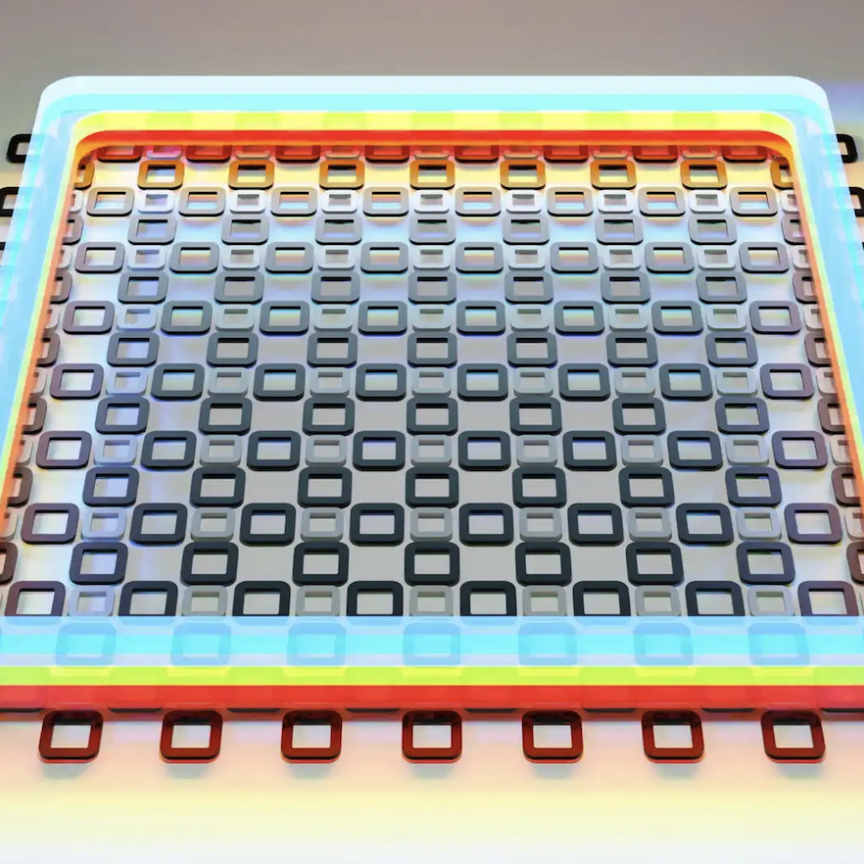European researchers have produced the first fluid-repellent, antibacterial metal surface using laser cutting technology, which could potentially lead to self-cleaning saucepans, toilets, and dishwashers. Inspired by the natural self-cleaning properties of lotus leaves, the team hopes the surface could decrease energy consumption in multiple industries by reducing the time spent cleaning industrial equipment.
The ‘High Throughput Laser Texturing of Self-Cleaning and Antibacterial Surfaces’, or ‘TresClean’, project uses high-average power ultrashort-pulsed lasers in combination with high-performance scanning heads to create a specifically tailored, rough micro-topography on sheet metal that mimics the surface of the Lotus leaf, causing liquids to ‘bounce off’. The roughened surface creates miniature pockets of air that minimises the contact area between the surface and a liquid. This replicating approach has been achieved previously for expensive plastic components; however, this is the first time it has been done for a self-cleaning metal.
‘In the same way that Lotus leaves keep themselves clean, without the need for cleaning products or chemicals, their jagged, rough surfaces enable water to stay as spherical droplets by preventing “spreading”’ ,explained Professor Luca Romoli, project coordinator of TresClean. ‘Bacteria do not get a chance to stick because the contact with the metal surface and the liquid is reduced by over 80 per cent. We are looking at an anti-bacterial metal’.
TresClean can achieve this rough surface texture by cutting areas of 500cm2 in less than 30 minutes. In early 2015, production methods could make laser-etched metal at a rate of 1 square inch per hour, whereas TresClean can produce 1,000cm2 in the same period of time, making this technology 156 times quicker than before.
Initially aiming its product at machine parts for the food industry, TresClean hopes to make a significant impact on productivity: ‘Vats in milk factories need to be cleaned every 6-8 hours to avoid the exponential growth of bacteria. This hinders usage and therefore affects output,’ said Romoli. ‘By saving hours per day in cleaning, it will yield an efficiency improvement stemming from fewer sterilisation cycles and less cleaning time within production as a whole. This will also reduce energy consumption as a result of fewer cleaning phases making food production quicker, safer and more profitable’.
Professor Romoli sees the long-term possibilities and implications for other sectors: ‘It is possible that any use of metal that needs to avoid the formation of bacteria will benefit from the TresClean product, such as medical cutting tools, sterile surfaces, dishwashers, or even saucepans’.
Romoli estimates that TresClean could have its products ready within two years.
Coordinated by the Universitá degli Studi di Parma, the consortium includes members from Italy, France, Germany, Spain and the UK and has received a grant of €3.3 million from the Photonics Public Private Partnership under the H2020 Industrial Leadership funding calls.
Related Internet Links:

